Iran: US coercive, unjust unilateral measures harming countries’ health systems
Tehran’s deputy permanent representative to the United Nations (UN) has lambasted US' "coercive and unjust unilateral measures" which severely affect health care systems of the world countries, in particular, Iran.
“Regretfully, unilateral coercive measures, including unilateral economic, financial and banking sanctions against Iran, have seriously violated the right of access to health care for Iranians, and especially those facing HIV-related problems are directly suffering from this situation,” Zahra Ershadi said on Friday.
Ershadi made the remarks in an address to a UN General Assembly meeting, titled ‘HIV and AIDS: Ending inequalities and getting on track to end AIDS by 2030’.
The senior Iranian diplomat underlined that the unilateral US measures had hindered the Iranian patients’ “timely and effective” access to medicine and medical equipment.
“Coercive and unjust unilateral sanctions have blocked the ordinary channels of international cooperation and are a source of concern that has negatively affected Iran's efforts to combat such diseases,” Ershadi noted.
“In addition, it has severely limited timely and effective access to the diagnosis, medicine, treatment, medical equipment, and technologies required for providing comprehensive health care services, especially to people with AIDS.”
“Iran urges members of the international community to take effective, immediate and practical steps to remove these coercive sanctions,” Ershadi said.
She highlighted Iran's achievements in the fight against AIDS, saying the Islamic Republic is one of the few countries in Asia that has made significant progress in controlling and treating the HIV and AIDS.
Iran is also one of the countries that has provided safe and free-of-charge access to the health and specialized treatment needs of people living with AIDS, she added.
She reiterated calls for the removal of obstacles to access to the latest health technologies related to the prevention and treatment of HIV and AIDS.
Back in May 2018, the US began to unilaterally impose sanctions against Iran after the former left the Iran nuclear agreement, officially called the Joint Comprehensive Plan of Action (JCPOA).
The US administration, under former president Donald Trump, launched what it called a maximum pressure campaign against Iran at the time, targeting the Iranian nation with the “toughest ever” sanctions.
Although Trump failed to reach its professed goals with his maximum pressure campaign, the bans have badly hurt the Iranian population.
The sanctions, preserved under the Joe Biden administration, have restricted the financial channels necessary to pay for basic goods and medicine, undermining supply chains by limiting the number of suppliers willing to facilitate sales of humanitarian goods to the country.
Iran has repeatedly denounced the sanctions as an act of “economic war”, “economic terrorism”, and “medical terrorism”.
VIDEO | Press TV's news headlines
VIDEO | Iran will not 'capitulate' since it has military surprises for US
China overtakes US as Germany’s top trading partner
VIDEO | Displaced Gazans struggle to find clean water amid Ramadan
VIDEO | Pakistan strikes militant camps along Afghan border after suicide bombings
Iran FM: Chance still exists for win-win solution to nuclear issue
Denmark rejects Trump's plan to send US hospital ship to Greenland
US Secret Service kills man trying to enter Trump’s Mar-a-Lago estate


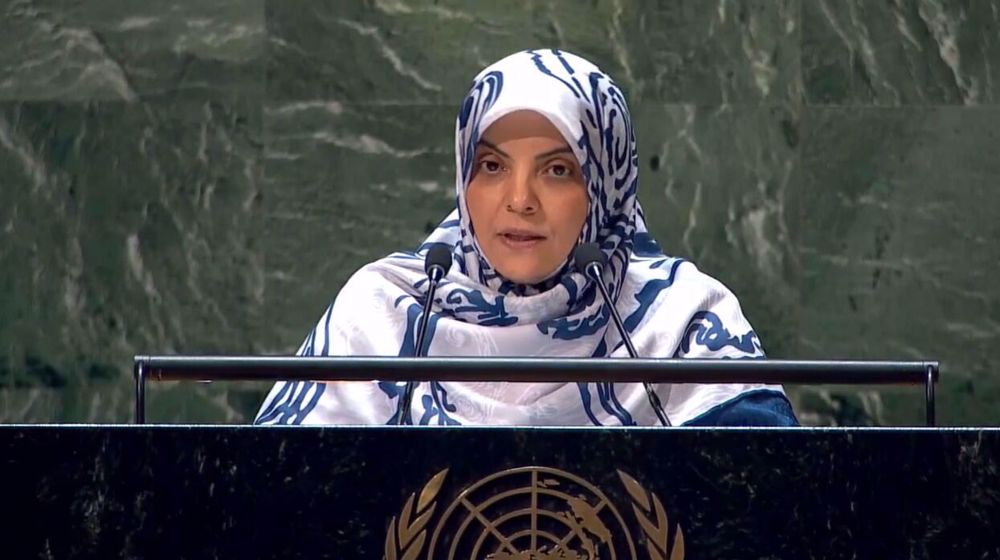
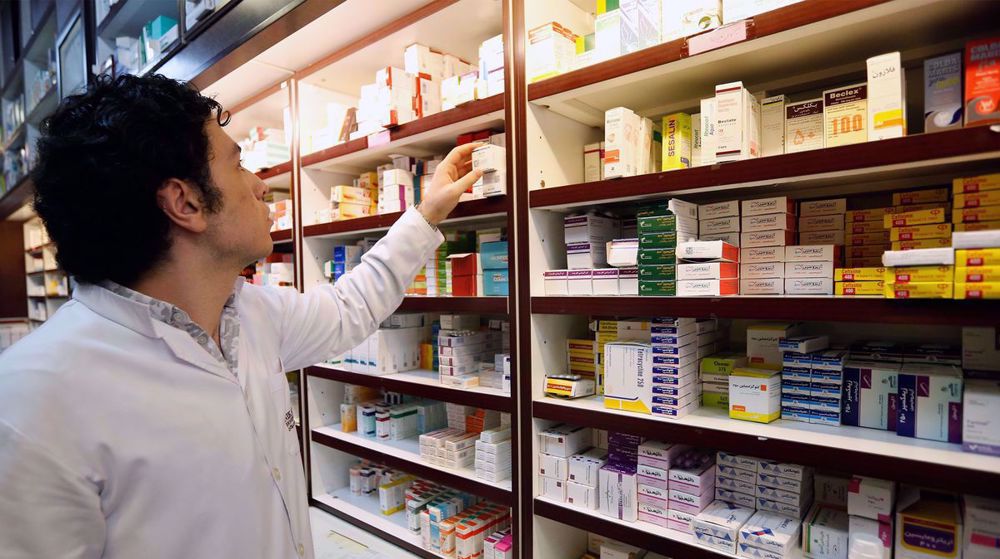
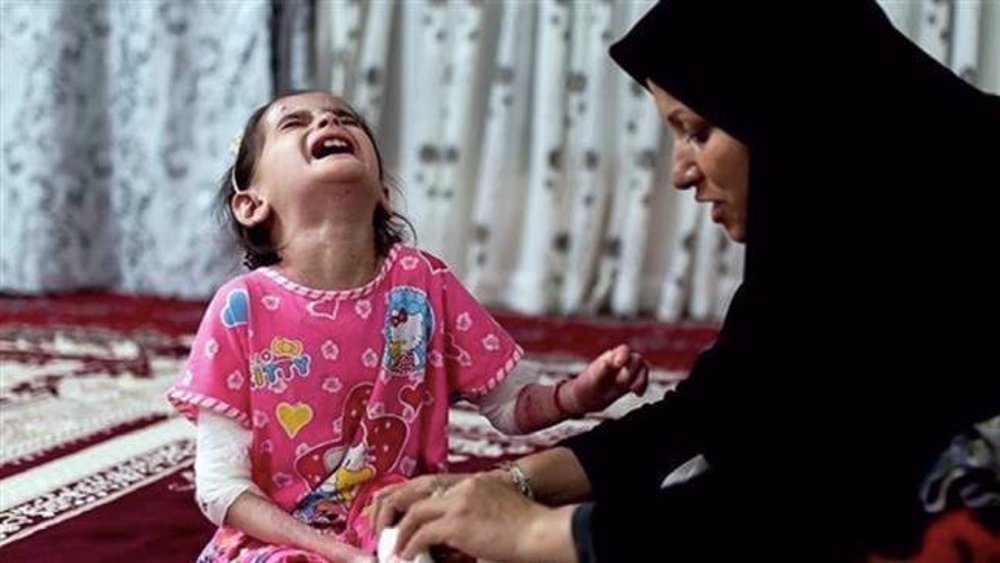
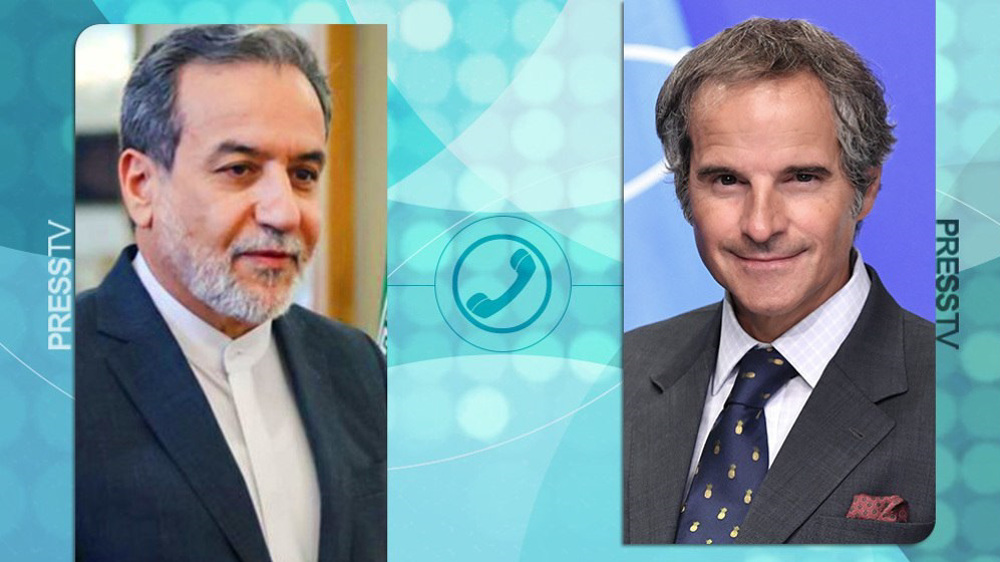
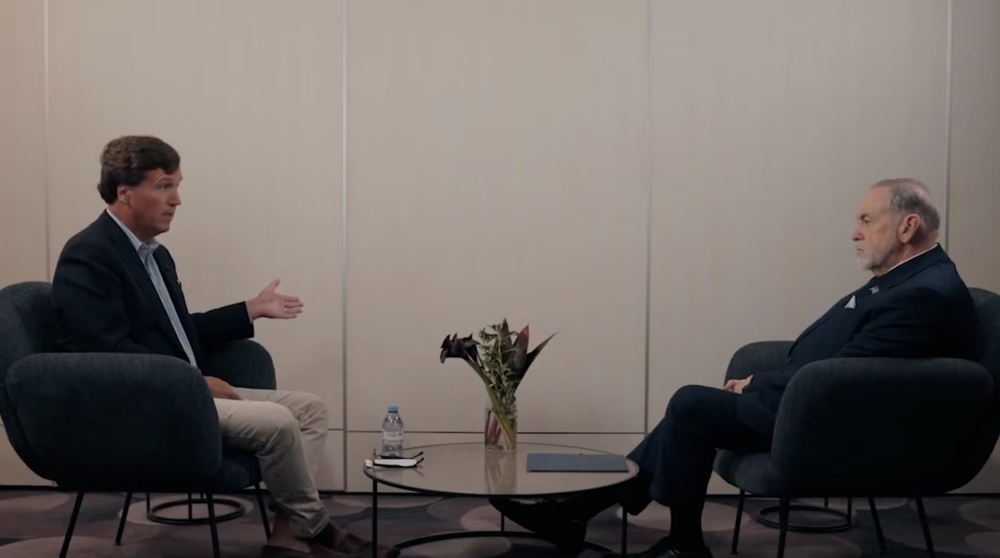
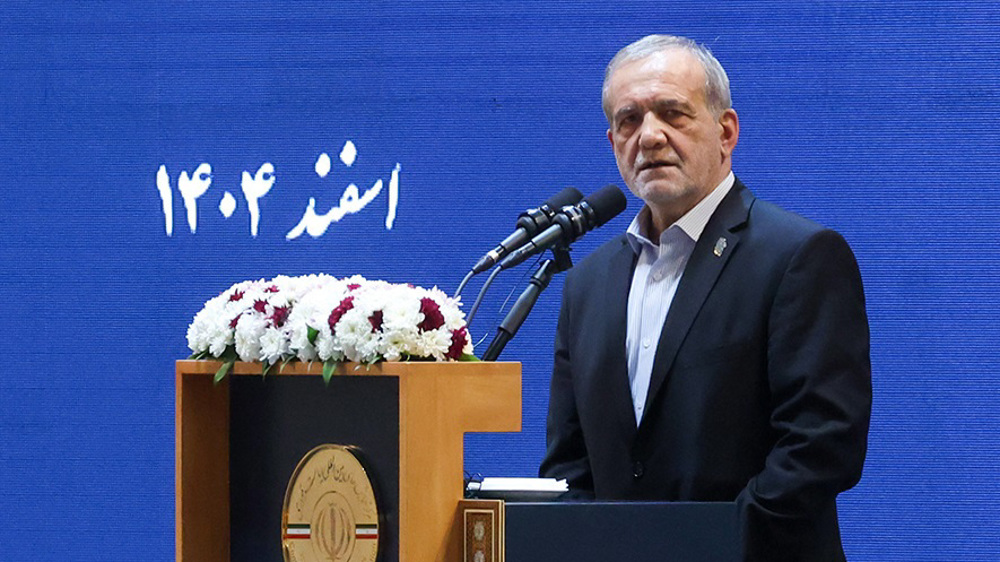




 This makes it easy to access the Press TV website
This makes it easy to access the Press TV website